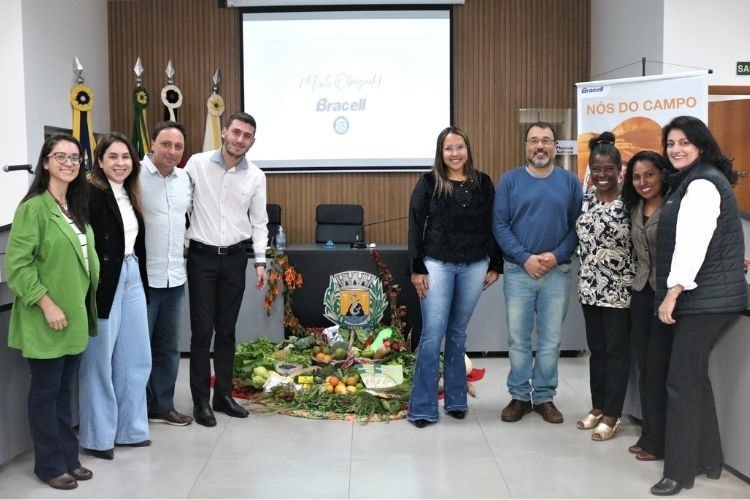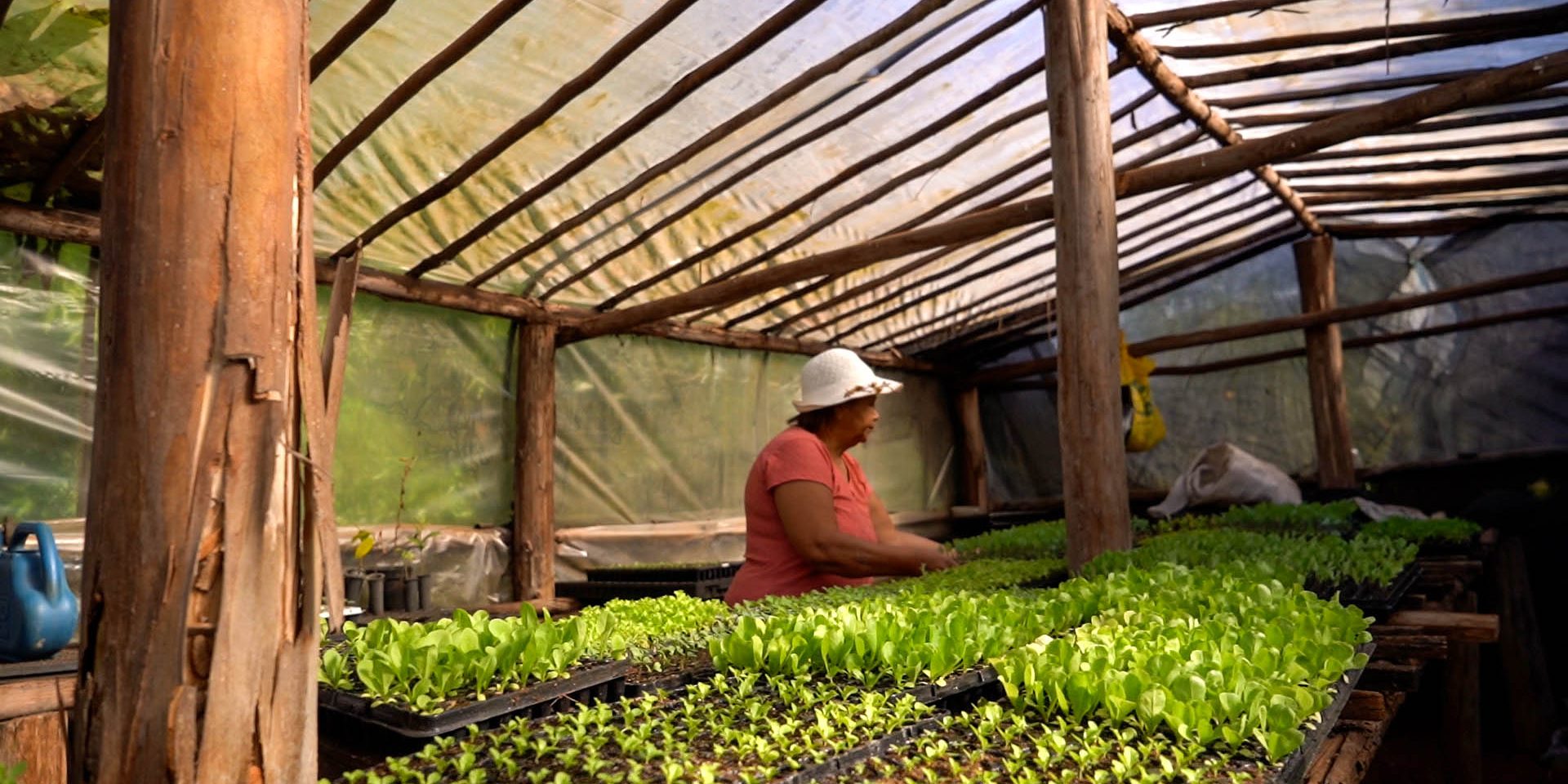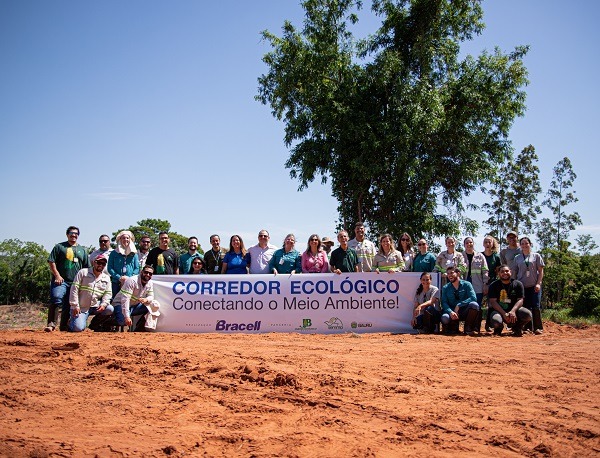The Company’s project benefits more than 700 families from the cities of Agudos, Borebi, Iaras, and Paulistânia
A global leader in dissolving pulp production, Bracell and Instituto Giramundo Mutuando – a consultancy firm specialized in agroecological systems and food security in Brazil and the world -, are running the Nós do Campo (“In the Field”) project with the aim of fostering food security and increasing the income of smallholders from seven settlements in the cities of Agudos, Borebi, Iaras and Paulistânia. A total of 708 families will benefit.
Now in its second edition, the project has been running since March 2023 and is expected to be completed in February 2024. It affords autonomy to smallholders and empowers them in the implementation of agroforestry systems, sustainable and low-cost agricultural techniques.

The execution is staggered into stages: diagnosis, capabilities and agroecological transition plan. At this initial stage, a participatory diagnosis was carried out with the settlements. The survey revealed various challenges faced by growers, such as a lack of machinery, product marketing, poor soil fertility and the absence of public policies. Moreover, the diagnosis found that the settlements are productive, encompassing diversified systems, such as horticulture, mixed livestock, fruit growing and annual crops.
For Mouana Sioufi, manager of Institutional Relations and Social Responsibility at Bracell SP, in addition to encouraging empowerment through training, the project carried out by Bracell Social, the company’s social investment platform, opens up a range of opportunities. Nós do Campo provides families access to expertise, experiences, tools, in short, opportunities for these smallholders to grow their operations. We want to help these communities improve their financial independence and living standards”, she added.
The Nós do Campo project uses the results to promote exchanges of experiences, collective work and training, encouraging the adoption of agroecological practices and environmental conservation in settlements, focusing on the challenges pointed out.
Beatriz Stamato, managing director of Instituto Giramundo Mutuando, extols this project’s positive impacts. “The Institute has been active in this region for a few years and Bracell’s Nós do Campo project instills positive change in the communities.” By joining forces it is possible to overcome the challenges faced by this rural population. The prospects are really positive”, he concluded.
The possible positive outcomes have lured the settled families. “When Bracell started the project, we were happy. As the company itself told us: we are going to grow together! That was very reassuring. We want to grow, produce and offer our products to the community, to our city, and also to the market,” emphasized Joelma de Oliveira Silva, leader of the Zumbi dos Palmares association.
The project reinforces Bracell’s commitment to the region’s sustainable development, encouraging more responsible agricultural practices and promoting the quality of life of the rural families involved. The diagnosis was presented in July, in the municipality of Iaras and was attended by representatives of the beneficiary municipalities, Incra (Brazilian Institute for Agrarian Reform), Sebrae (Brazilian Small Business Support Service), Associations, Cooperatives, Bracell, Giramundo and also the settlers.



